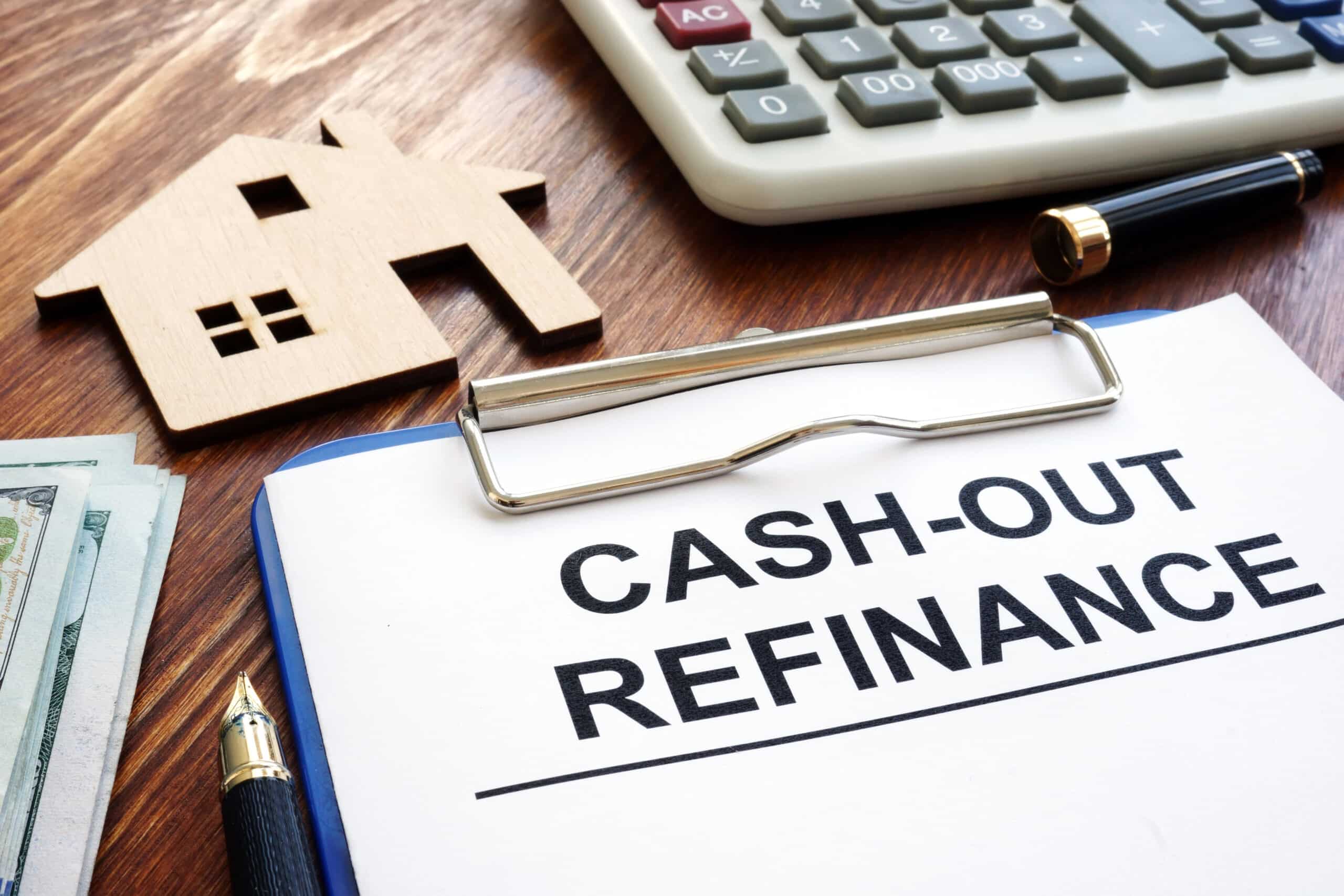A cash out refinance allows you to take advantage of your home equity by receiving a lump sum payment when you close on the new loan. You’ll create a new mortgage for an amount larger than the amount currently owed, and then you get paid the difference.
Cash-out refinances can be an excellent way to take advantage of rising home values, especially if you need a lump sum of cash for a large purchase.
Cash out refinancing offers all the benefits of a normal refinance, including the possibility for better rates and terms, even though you’re increasing your current loan balance.
What’s the difference between a cash-out refinance and a home equity loan?
A home equity loan is a second mortgage. You may even have two separate lenders and liens when you take out a home equity loan.
Closing costs tend to be lower with a home equity loan, but interest rates tend to be higher. Cash-out refinances tend to have lower credit score requirements, too.
See also: How to Refinance Your Mortgage, Step by Step
Can I improve interest rates with a cash-out refinance?
Yes, you may still have the potential to improve your interest rates, especially if your credit score has increased since you last took out the loan.
Hope for a lower interest rate, but don’t count on it. Roughly 90% of borrowers see a slight rate increase after a cash-out refinance. Your payments might go up, too.
See also: How to Understand Your Mortgage Payment Structure
How much money do you get from a cash out refinance?
It depends. You’ll get the difference between your new mortgage balance and your previous, smaller mortgage balance.
If you owed $100,000 before and take out a new $150,000 loan, then you’ll receive $50,000, less any upfront fees..
You have some power to determine your cash needs, within the limits of your equity. Most lenders will only approve a loan worth 80% of your home’s value. You can borrow less if you want to.
See also: How Can You Tell Whether Your Mortgage Broker is Doing a Great Job for You?
When should you consider a cash-out refinance?
There are generally no restrictions on how you use the funds you receive from a cash-out refinance, but there are good reasons and bad reasons to pursue this type of loan.
In general, you should be using the cash to meet important financial goals such as:
- Renovating or repairing your home
- Paying off other higher interest debts
- Funding an education
- Funding other necessary and unavoidable big-ticket purchases
- Accessing the downpayment for an investment property of vacation home
Remember, increasing your loan balance is a risk. If your circumstances change and you can’t pay the new mortgage, you could lose your home. If you’re going to take the risk, make sure it’s for a good reason.
Get the Best Rates and Terms on Your Cash-Out Refinance
Receive expert guidance on whether a cash-out refinance is a good option for you. Schedule a one-on-one consultation with Alex Doce, who is ready to guide you through the process and to help you make sound financial decisions.
